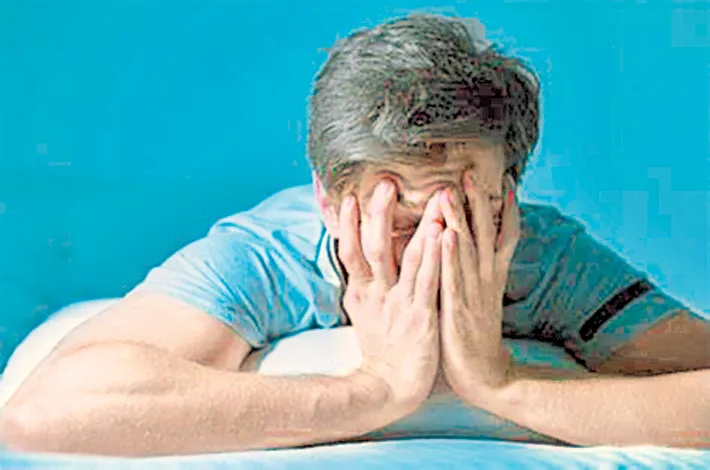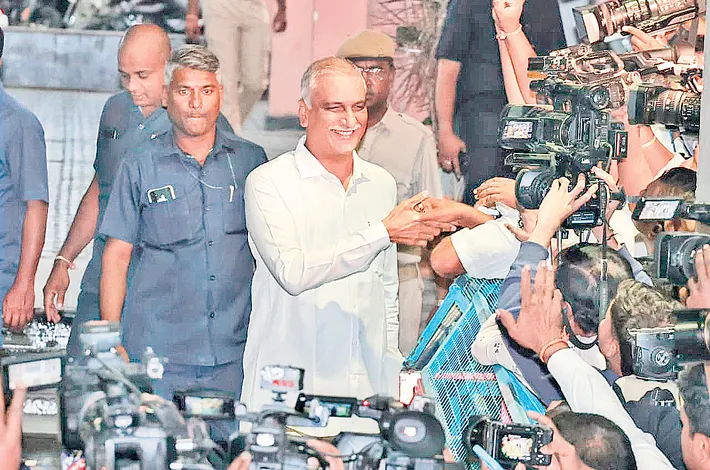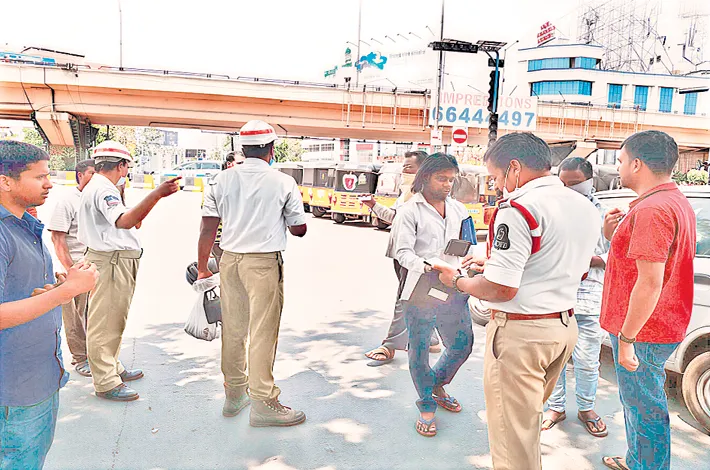59% of Indians get less than six hours of sleep: Survey
12-03-2025 12:00:00 AM

■ 72% cited waking up to use the washroom as the most common factor
■ Survey gathered responses from over 43,000 citizens across 348 districts
■ 38% admitted they are unable to make up for lost sleep at all
Metro India News | Hyderabad
A recent survey by Local Circles has revealed that 59% of Indians manage less than 6 hours of uninterrupted sleep daily, emphasizing the widespread issue of sleep disturbances. Conducted for World Sleep Day 2025, the survey collected input from over 43,000 citizens across 348 districts in India, with 61% men and 39% women participating. Respondents were distributed across 45% from tier 1 cities, 28% from tier 2 cities, and 27% from smaller towns and rural areas.
The findings underline the significant impact of interrupted sleep on overall health. Reduced total sleep time due to disruptions can cause fatigue, decreased work or school productivity, and increased risks of accidents. Factors such as age, recent sleep patterns, metabolism, dinner timings, screen usage before bed, and alcohol consumption influence sleep cycles.
Healthy sleep involves progressing through distinct stages, including REM and non-REM (NREM) sleep. Interruptions in this cycle have serious effects on brain function, emotional health, and physical well-being, with chronic issues linked to cardiovascular diseases, weight gain, and metabolic conditions like type 2 diabetes.
Of the 14,952 respondents asked about the causes of sleep interruptions, 72% identified waking up to use the washroom as the primary reason. Other causes included late nights or early household schedules (25%), disturbances like external noises or mosquitoes (22%), and medical conditions such as sleep apnea (9%). Additional factors included interruptions caused by children or partners (9%), mobile phone usage (6%), and the inability to sleep for 8 hours straight (16%). Only 3% of participants reported consistently getting uninterrupted sleep for 8 hours or more.
Many Indians try to compensate for insufficient sleep through naps or adjusted schedules. Of the 13,258 who responded about making up for lost sleep, 23% said they sleep longer on weekends, 36% nap on Sunday afternoons, and 13% extend sleep during holidays. However, 38% admitted they are unable to make up for lost sleep at all.
Disrupted sleep poses severe risks. Conditions like restless legs syndrome (RLS), bruxism, nocturia, and cardiovascular or neurological disorders disrupt sleep continuity. Repeated awakenings activate multiple bodily systems, increasing health risks.








